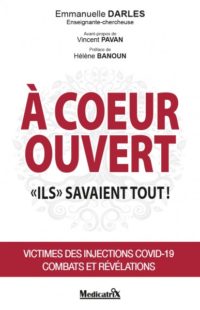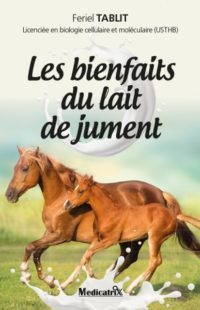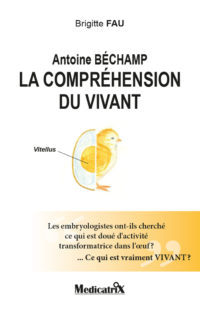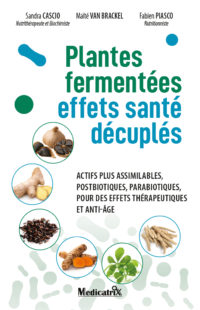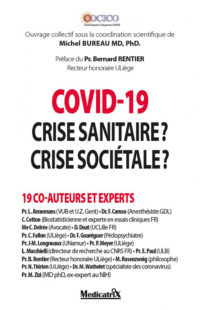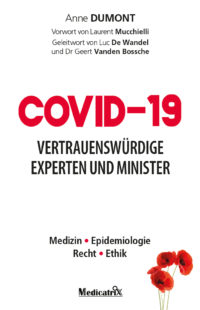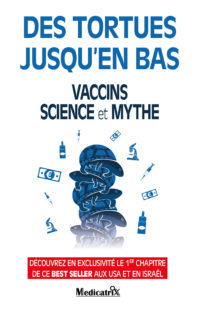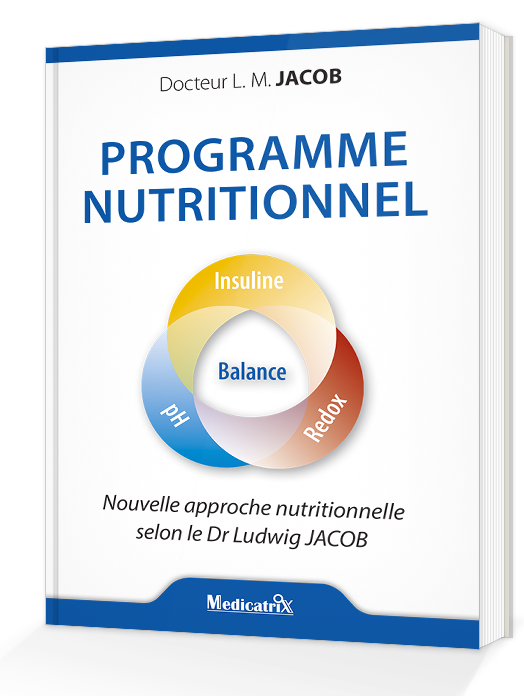The water-soluble ellagitanin punicalagin has been reported to be toxic to cattle. Taking into account that this antioxidant polyphenol is very abundant in pomegranate juice (> or =2 g/L), the present study evaluated the possible toxic effect of punicalagin in Sprague-Dawley rats upon repeated oral administration of a 6% punicalagin-containing diet for 37 days.
Punicalagin and related metabolites were identified by HPLC-DAD-MS-MS in plasma, liver, and kidney. Five punicalagin-related metabolites were detected in liver and kidney, that is, two ellagic acid derivatives, gallagic acid, 3,8- dihydroxy-6H-dibenzo[b,d]pyran-6-one glucuronide, and 3,8,10-trihydroxy-6H-dibenzo[b,d]pyran-6- one.
Feedstuff intake, food utility index, and growth rate were lower in treated rats during the first 15 days without significant adverse effects, which could be due to the lower nutritional value of the punicalagin-enriched diet together with a decrease in its palatability (lower food intake). No significant differences were found in treated rats in any blood parameter analyzed (including the antioxidant enzymes gluthatione peroxidase and superoxide dismutase) with the exception of urea and triglycerides, which remained at low values throughout the experiment. Although the reason for the decrease is unclear, it could be due to the lower nutritional value of the punicalagin-enriched diet with respect to the standard rat food. Histopathological analysis of liver and kidney corroborated the absence of toxicity.
In principle, the results reported here, together with the large safety margin considered, indicate the lack of toxic effect of punicalagin in rats during the 37 day period investigated. However, taking into account the high punicalagin content of pomegranate-derived foodstuffs, safety evaluation should be also carried out in humans with a lower dose and during a longer period of intake.


